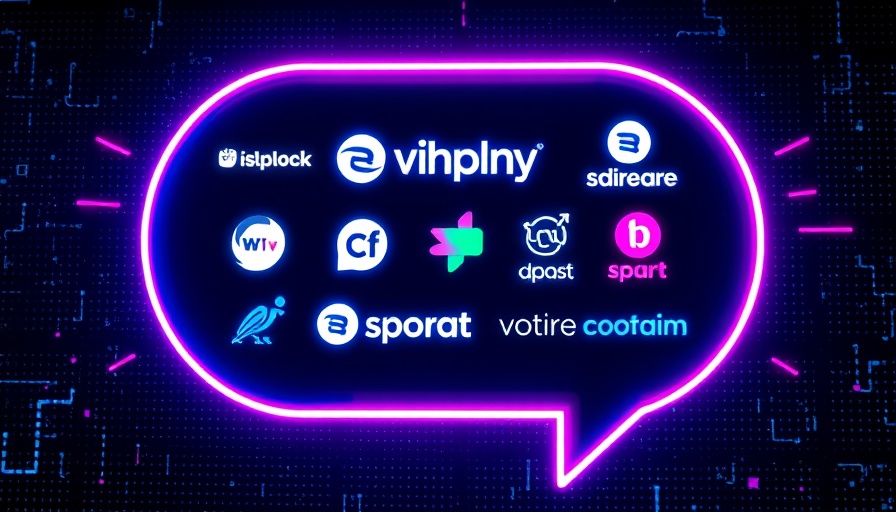
The Reality of Students and AI: A Perspective Shift
As students embrace AI technologies like ChatGPT, critics often overlook the deeper context behind this trend. It’s crucial to understand that my generation is navigating a turbulent educational landscape, significantly shaped by the aftermath of the COVID-19 pandemic. With many assessments now open-book and online, the landscape isn’t a testament to laziness; rather, it reflects a generation grappling with the changes in educational standards and practices that arose during unprecedented times.
Understanding the Shift in Education Norms
Many critiques suggest students rely on AI to cheat, but they fail to recognize the context. The educational system was disrupted—exams were canceled, replaced by teacher assessments that varied widely across schools. The now-normalized online assessments were a direct response to a systematic shift in teaching and evaluation methodologies that left many students feeling unprepared. While it’s easy to blame technology for the rise in AI usage, it’s essential to consider why students feel this is necessary.
Combating Assumptions: The Misperception of 'Cheating'
Calling students lazy for using AI tools overlooks the educational context that breeds such habits. Most students, like myself, use these tools not to evade responsibility but as a form of assistance in a complex learning environment. Throughout the pandemic, many crucial elements of our education were missing, forcing students to adapt creatively. Tools like AI have become a necessary supplement to ongoing educational challenges.
The Broader Implications of AI in Education
The integration of AI in education highlights essential skills for the future. Understanding how AI works can empower my generation to effectively utilize technology rather than succumb to its pitfalls. This generation is uniquely poised to innovate with AI, transcending traditional educational experiences. Familiarity with AI can serve as a stepping stone, ensuring we develop essential skills in a tech-driven world.
Looking Ahead: Educational Evolution and AI's Role
If nothing else, the ongoing embrace of AI is a signal of its inevitable role in future education systems. To thrive in the evolving landscape, institutions must adapt their curriculums to accommodate these tools, teaching students not just to use AI, but to understand its implications fully. This proactive approach ensures that future professionals are equipped not only with knowledge, but with critical thinking skills essential for navigating a world increasingly influenced by artificial intelligence.
The Call to Learn
As we venture into a future populated by AI, it’s on us—students, educators, and policymakers alike—to foster an environment where technology serves educational growth, not detriment. Engaging with AI not only aids in academic success but prepares us for a job market that increasingly values technological literacy. This is an excellent opportunity to explore AI, familiarize ourselves with essential concepts, and embrace the future of artificial intelligence in education.
 Add Row
Add Row  Add
Add 




Write A Comment